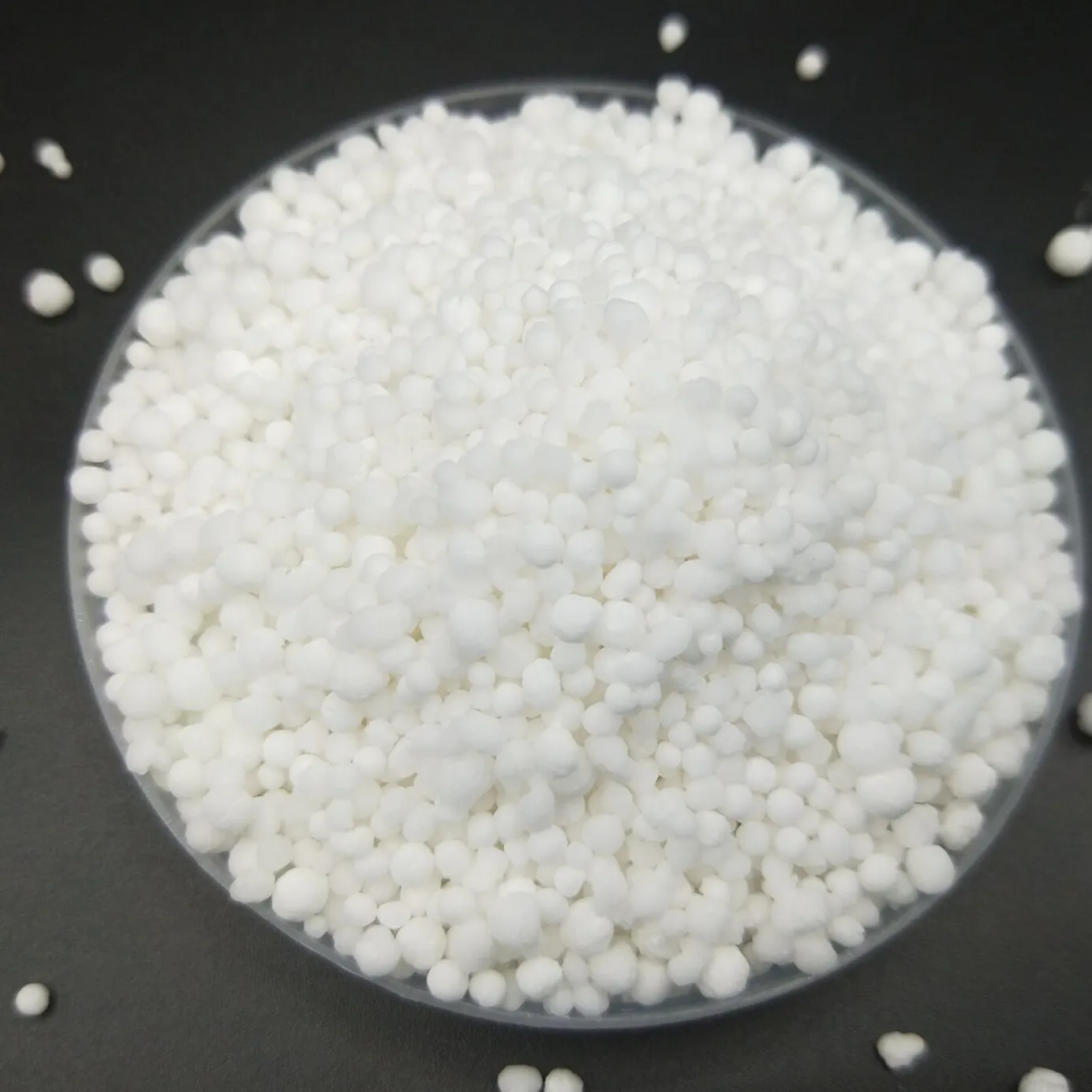
Nov . 16, 2024 01:31 Back to list
bulk urea fertilizer
The Importance and Use of Bulk Urea Fertilizer
In the world of agriculture, the quest for effective and efficient fertilization methods continues to evolve. One critical component of achieving optimal crop yields is the use of fertilizers, particularly nitrogen fertilizers. Among them, urea stands out as one of the most commonly used nitrogen sources, especially in its bulk form. This article delves into the importance, benefits, and best practices for using bulk urea fertilizer in modern agriculture.
Understanding Urea Fertilizer
Urea, chemically known as CO(NH2)2, contains 46% nitrogen, making it one of the most concentrated nitrogen fertilizers available. It is synthetic and is produced through a chemical reaction between ammonia and carbon dioxide. In bulk form, urea is typically transported and stored in large quantities, which makes it a cost-effective option for farmers.
Bulk urea fertilizer is primarily utilized in agricultural practices due to its high nitrogen content, which plays a crucial role in plant growth. Nitrogen is a key macronutrient that is vital for various metabolic processes in plants, including amino acid synthesis, chlorophyll formation, and overall vegetative growth. As crops grow, their demands for nitrogen increase, and supply through fertilizers becomes essential to ensure healthy development and optimal yield.
Advantages of Bulk Urea Fertilizer
1. High Nutrient Efficiency The concentrated nature of urea means that farmers can apply a smaller volume of fertilizer while still supplying a significant amount of nitrogen. This efficiency reduces transportation and handling costs, making urea an economical choice.
2. Versatility in Application Bulk urea can be applied through various methods, including broadcasting, banding, or incorporation into the soil. This flexibility allows farmers to choose the best method suited for their crops and soil conditions.
3. Environmental Considerations When applied correctly, urea fertilizers can minimize nitrogen loss through processes such as leaching or volatilization. Innovations in application technologies, such as controlled-release urea or enhanced efficiency fertilizers, have further improved the environmental footprint of urea use.
bulk urea fertilizer

4. Storage and Handling Bulk urea fertilizers can be stored in large quantities, which helps in managing supply and demand fluctuations. Advanced storage facilities ensure that the urea remains stable and effective for extended periods.
Best Practices for Using Bulk Urea Fertilizer
To maximize the benefits of bulk urea fertilizer, farmers must adhere to best practices for its application
1. Soil Testing Before applying urea, it is vital to conduct soil tests to determine the existing nutrient levels and pH balance. This helps in designing a fertilization strategy tailored to specific crop needs.
2. Timing of Application Timing is critical when applying urea. Fertilizer should ideally be applied just before or during critical growth stages, such as planting or early vegetative growth, to ensure that crops can efficiently uptake nitrogen.
3. Proper Application Techniques Employing techniques like banding or incorporating urea into the soil can reduce nitrogen losses and enhance plant uptake. Avoiding surface applications in hot and windy conditions can also mitigate volatilization losses.
4. Monitoring and Adjusting Regular monitoring of crop performance and soil health allows for adjustments in fertilization practices. This adaptive approach helps maintain balance in soil fertility and crop productivity.
Conclusion
Bulk urea fertilizer plays a significant role in sustainable agriculture by providing essential nitrogen to crops while offering logistical and economic advantages. When used effectively and responsibly, it can lead to enhanced crop yields, improved food security, and a reduced environmental impact. As the agricultural sector continues to evolve, the role of bulk urea fertilizer remains pivotal in meeting global food demand and supporting sustainable farming practices. By embracing best practices, farmers can ensure that they harness the full potential of this crucial agricultural input.
-
Premium Organic Manure Compost for Eco Gardens
NewsAug.01,2025
-
Organic 10-10-10 Fertilizer | Balanced Plant Nutrients
NewsJul.31,2025
-
Premium Amino Acid Fertilizer | Rapid Plant Growth Booster
NewsJul.31,2025
-
10 10 10 Fertilizer Organic—Balanced NPK for All Plants
NewsJul.30,2025
-
Premium 10 10 10 Fertilizer Organic for Balanced Plant Growth
NewsJul.29,2025
-
Premium 10 10 10 Fertilizer Organic for Balanced Plant Growth
NewsJul.29,2025
